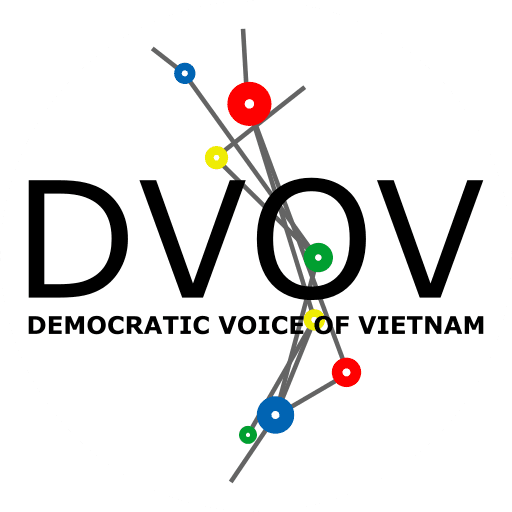Jonathan London
Wednesday, 11 September, 2013, 3:39am
Recent developments in Vietnam beg the question of whether the country’s political elite are simply too self-serving or incompetent to act in a coherent, forward-looking manner. It is no secret that the most fundamental challenges the nation faces today stem from weaknesses in its governance institutions. Yet gridlocked leadership continues to forestall reforms, leaving economic fragmentation and bottlenecks in place.
And, once again, Vietnam faces the spectre of lost opportunities in the international arena. President Truong Tan Sang’s July meeting with US President Barack Obama was construed as a success in that it broached the possibility of a “comprehensive partnership” with the US, including swift entry into the US-sponsored Trans-Pacific Partnership and expanding outlets for Vietnam’s exports.
Obama’s insistence that a comprehensive partnership would be contingent on significant improvements in Hanoi’s human rights record elicited such hopeful sentiments as, “We know, give us time.” Yet, if anything, the human rights situation has severely deteriorated since the Sang-Obama meeting, casting doubt on improved ties.
This summer, a network of young Vietnamese bloggers mustered the courage to openly protest against draconian laws the state has used to silence dissent. The protesters have taken particular aim at Article 258 of Vietnam’s Civil Code, which stipulates prison sentences for those who “abuse their democratic freedoms”.
